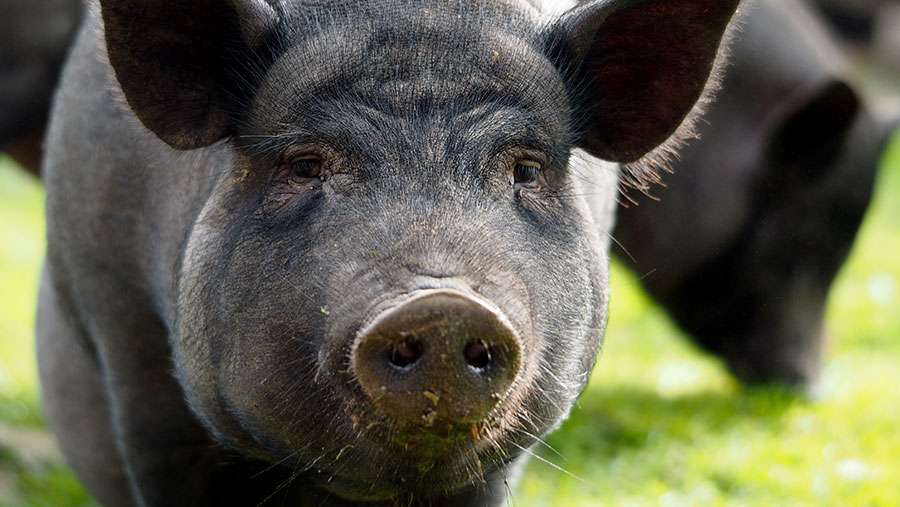Farmers urged to stay on top of native breed paperwork
 © Adobe Stock
© Adobe Stock The cancellation of this summer’s agricultural show programme could have damaging knock-on consequences for the conservation of rare breed livestock, according to the Rare Breeds Survival Trust (RBST).
The trust is worried that without the impetus of native breeds needing to be registered with their breed society to take part in livestock showing classes, some farmers may overlook registrations.
Christopher Price, RBST chief executive, said registration was crucial for rare breed conservation work, and as some breeds had to be registered within a certain timescale, a delay could mean missing the boat.
See also: Are rare breed cattle set for a resurgence in the UK?
“Every registration helps to give us a more accurate picture of the status of each rare breed, allowing us to analyse trends such as increases or decreases in numbers, and geographic distribution,” he said.
“These analyses inform our conservation objectives, decisions on the capture of genetic material, programmes to prevent inbreeding, and support for keepers’ commercial avenues.”
Registered animals are recorded in the relevant flock book, herd book or stud book, and some receive certificates.
However, progeny of unregistered animals cannot be registered, so one missed registration can disrupt an important bloodline that has survived for generations.
Most breeds can be registered online through either the Grassroots or Cloudlines platforms.
Rare-breed pigs
Marcus Bates, chief executive of the British Pig Association, said the last British pig breed to be lost was the Lincolnshire Curly Coat in the 1970s.
“Herdbook registration and pedigree breeding are the foundations of rare-breed conservation,” he said.
“Without pedigree breeders diligently registering their pigs, many of our native breeds would now be extinct.”
Each year, the RBST uses registration data on the number of breeding females to publish a watchlist, which flags the breeds most under threat of dying out.
The 2020-21 watchlist highlighted that declining numbers of Albion cattle, Large Black pigs and Hackney horses were a particular cause for concern.
